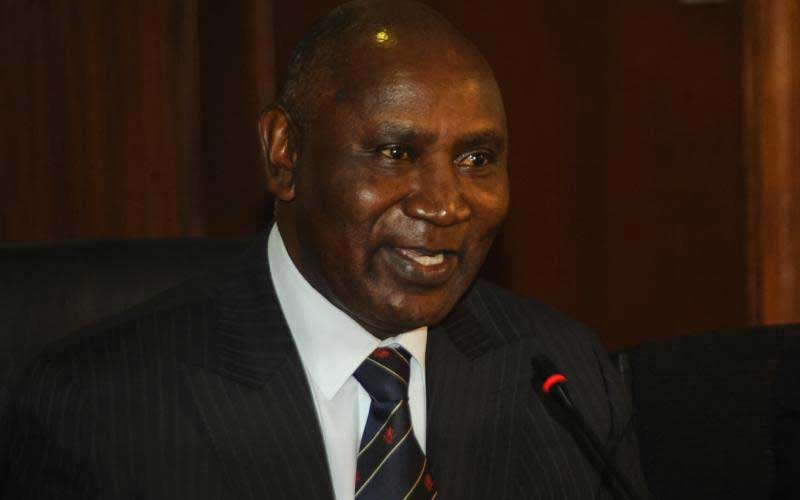×
The Standard e-Paper
Fearless, Trusted News

Six counties in South Rift are under scrutiny for making unexplained expenditures in the 2017/2018 financial year, according to an audit.
Auditor General Edward Ouko has flagged the unsupported spending in Samburu, Bomet, Baringo, Kericho, Narok and Nakuru counties.